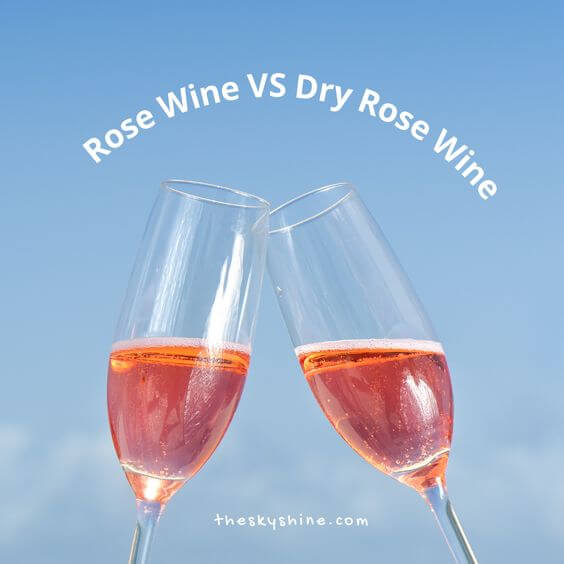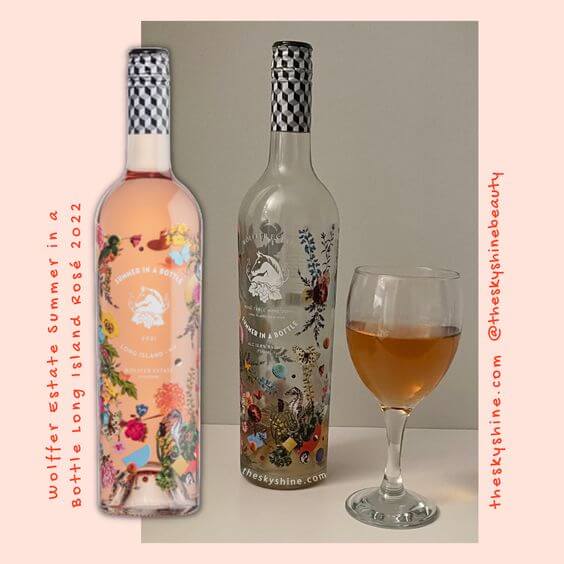
You might have come across the terms “rose wine” and “dry rose wine.” While the two might sound similar, they actually have significant differences. In this article, I’ll explore the differences between rose wine and dry rose wine, including their taste profiles, food pairings, and more.
1. What are they?

Rose wine
- Rose wine is made by crushing red grapes and allowing the skins to remain in contact with the juice for a short time. The longer the skins are in contact with the juice, the darker the wine will be. Rose wine can be either sweet or dry, depending on the residual sugar left in the wine after fermentation.
- Taste: Rose wine is known for its refreshing, fruity taste and aroma. It can range from sweet to dry, with sweet rose wines often having a slightly higher alcohol content.
Dry rose wine
- Dry rose wine, on the other hand, is made in the same way as rose wine, but with little to no residual sugar left in the wine. This results in a drier taste profile than traditional rose wine.
- Taste: Dry rose wine has a more crisp and acidic taste, with little to no residual sugar left in the wine.
2. Food Pairings

Both rose wine and dry rose wine pair well with a variety of foods. Traditional rose wine, with its sweeter taste profile, pairs well with spicy foods, light salads, and fruity desserts.
And dry rose wine pairs well with seafood, grilled meats, and light pasta dishes.
3. Conclusion
In conclusion, the main difference between rose wine and dry rose wine is the residual sugar left in the wine after fermentation. Rose wine can range from sweet to dry, while dry rose wine has little to no residual sugar.
Both types of wine have their own unique taste profiles and food pairings, so it’s worth trying both to see which you prefer.
Rose Wine Related posts:






